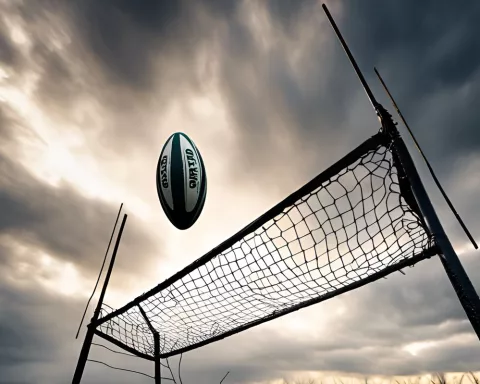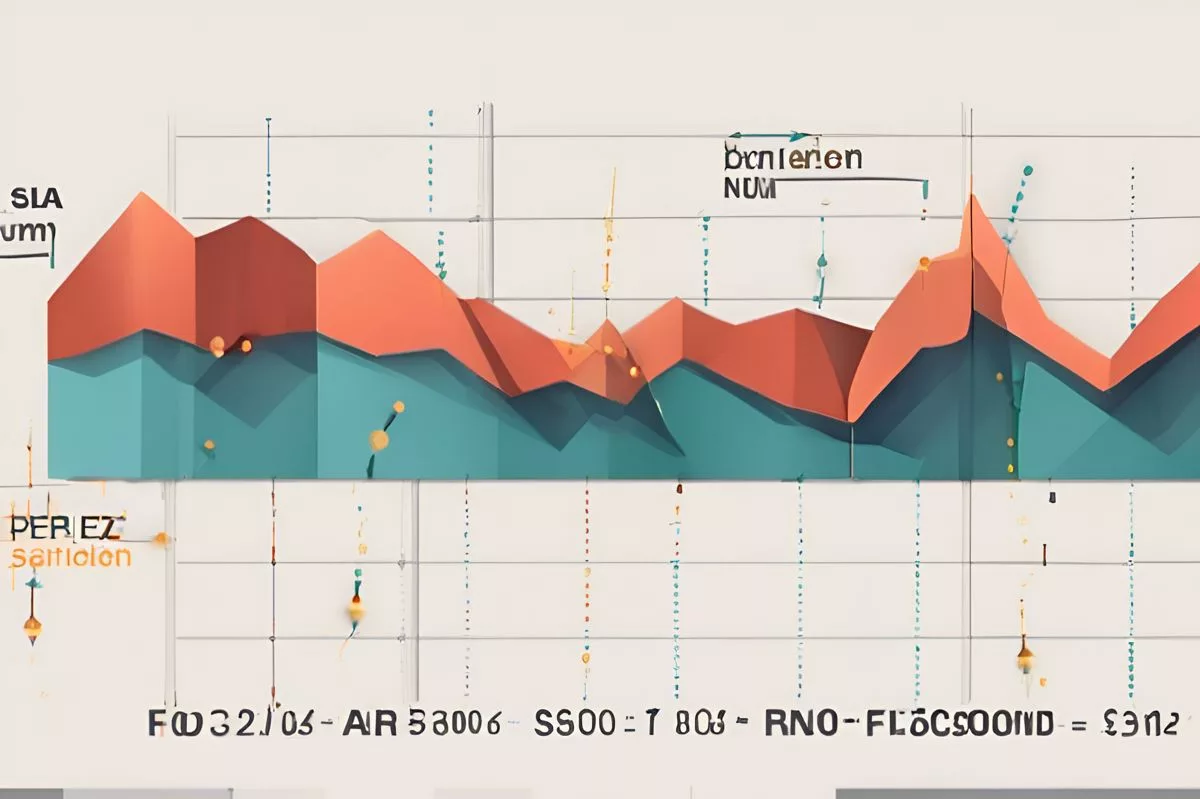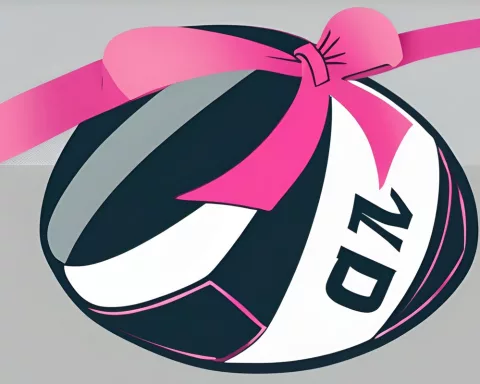The appointment of Jerry Flannery as the defensive coach for South Africa’s rugby union team is a promising move that could positively impact the team and the wider rugby community. With his experience as a player and coach, and the support of former Springbok head coach Jacques Nienaber, Flannery’s contributions extend beyond vague promises. His appointment signifies a harmonization of ambitions and expertise, with potential for improved performance and strategic expansion.
Jerry Flannery’s appointment as the defensive coach for South Africa’s rugby union team has potential for positively impacting not just the team, but the wider sphere of rugby as well. With his rich experience as a player and coach, and Nienaber’s support, Flannery’s valuable contributions to the Springboks extend beyond vague promises of a brighter future. His affiliation with the team carries the potential for improved performance and strategic expansion.
In the dynamic world of rugby, alterations in personnel and strategy are a standard part of the game. Nevertheless, certain transformations resonate more profoundly within the sporting community, signaling intriguing prospects for revolution and expansion. A case in point is the recent recruitment of Jerry Flannery as the defensive coach for Springboks, the highly respected rugby union team from South Africa. Supported by Jacques Nienaber, the former Springbok head coach, this appointment holds the potential of positively impacting not just the team, but the wider sphere of rugby as well.
Flannery’s Proven Track Record and Common Ground with Nienaber
Jerry Flannery, with his rich experience as a player and coach, is well-acquainted with high-stakes environments and triumphs. He has refined his skills with meticulous attention and profound comprehension of the game, a fact evident in his previous role at Munster, a leading club in the Irish province. Nienaber’s support for Flannery is built upon his familiarity with Flannery’s coaching style, a reflection of their shared experience at Munster.
The influence of their shared stint at Munster can still be felt in the current Springboks strategy, greatly impacting the team’s path. Nienaber comments, “There’s no doubt that he’d have a thorough understanding of how Rassie [Erasmus, Springboks’ Director of Rugby] operates, given that it’s quite similar to our approach during our time at Munster.” This statement emphasizes the significance of a common past and shared philosophies.
Flannery’s Valuable Contributions to the Springboks
Flannery’s contributions to the Springboks extend beyond vague promises of a brighter future; they consist of concrete instances of substantial input. During his stint with the team in the World Cup preparation period, Flannery demonstrated his potential to the Springboks. In reminiscence of this period, Nienaber said, “Jerry accompanied us during the World Cup preparations. He has a good grasp of the team dynamics, and the players are familiar with him. He’s not an unknown entity to them.”
Flannery’s proficiencies as an international hooker proved beneficial for the Springboks, with his insights aiding the team’s hookers, key players who play a crucial part in line-out throws. “His inputs improved the line-out throws, given that he himself has been an international hooker. He contributed insights he gained from his experiences,” Nienaber commented, emphasizing the measurable impact of Flannery’s guidance.
Strategic Appointments and Future Trajectory
The decision to bring Flannery on board is part of a thoughtful strategy by the Springboks, who also welcomed New Zealander Tony Brown to their coaching team. Nienaber praised the move, “I believe the recruitment of both Jerry and Tony Brown are excellent decisions. They will undoubtedly enhance the team’s performance.” His faith in these new appointments reveals a forward-looking mentality, forecasting growth and innovation.
Flannery’s past association with Harlequins, one of the clubs that the Springboks visited during their tour of foreign players, further solidified his suitability for his role with the South African team. Having witnessed Flannery’s work as a defensive coach at Harlequins, Nienaber stated, “I have seen a lot of Jerry’s work in his capacity as a defence coach there and I am convinced that he will be an excellent fit for South Africa.”
Flannery’s Induction: A Harmonization of Ambitions and Expertise
In essence, Flannery’s induction isn’t limited to a change in personnel; it signifies a balancing act of shared understanding, mutual goals, and deep-seated knowledge of the game. His affiliation with the team appears to be a natural progression, a step that carries the potential for improved performance and strategic expansion. Nienaber’s backing of this development suggests a promising shift in the Springboks’ future trajectory, further consolidating their position in the international rugby scene.
Who is Jerry Flannery and what is his experience in rugby?
Jerry Flannery is a former Irish rugby player and coach who has played for Munster, Ireland, and the British and Irish Lions. He has also coached at Munster and Harlequins, and was recently appointed as the defensive coach for South Africa’s rugby union team.
What is the significance of Flannery’s appointment as the defensive coach for Springboks?
Flannery’s appointment signifies a harmonization of ambitions and expertise, with potential for improved performance and strategic expansion for the Springboks. It also holds the potential of positively impacting not just the team, but the wider sphere of rugby as well.
What is the common ground between Flannery and former Springbok head coach Jacques Nienaber?
Flannery and Nienaber share a past experience at Munster, which has greatly impacted the current Springboks strategy. Nienaber has familiarity with Flannery’s coaching style, a reflection of their shared experience at Munster.
What are Flannery’s valuable contributions to the Springboks?
Flannery’s contributions to the Springboks consist of concrete instances of substantial input, including improved line-out throws for the team’s hookers during the World Cup preparation period.
What is the strategy behind Springboks’ decision to bring Flannery on board?
The decision to bring Flannery on board is part of a thoughtful strategy by the Springboks, who also welcomed New Zealander Tony Brown to their coaching team. This reveals a forward-looking mentality, forecasting growth and innovation.
What does Flannery’s induction signify?
Flannery’s induction signifies a balancing act of shared understanding, mutual goals, and deep-seated knowledge of the game. It carries the potential for improved performance and strategic expansion for the Springboks, further consolidating their position in the international rugby scene.












